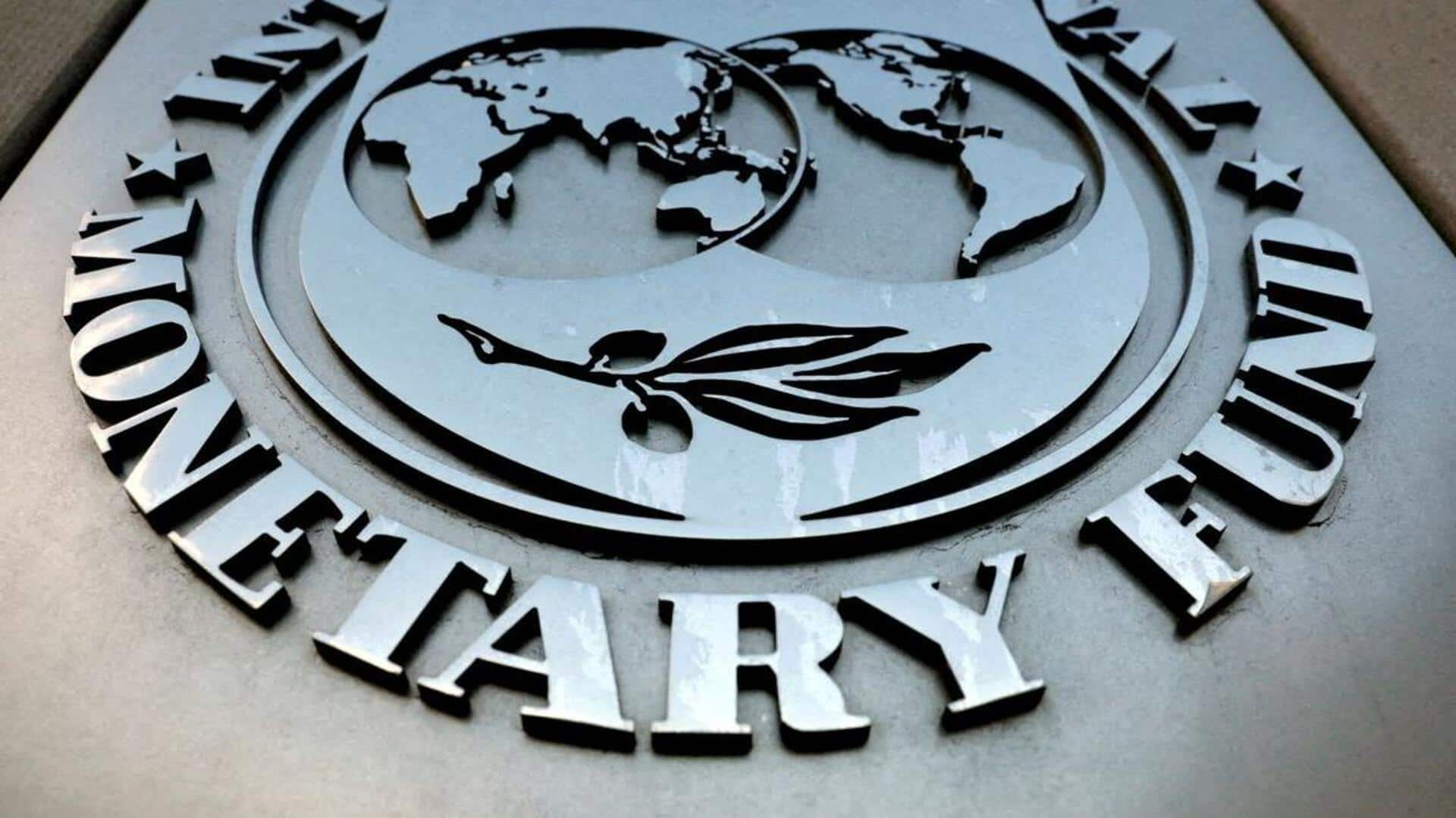
IMF hikes India's growth forecast to 6.3%, lowers China's
What's the story
The International Monetary Fund (IMF) has revised India's 2023-24 growth forecast from 6.1% to 6.3%, thanks to "stronger-than-expected" consumer spending in the April-June quarter. The IMF said it expected India's growth to be the highest among developing economies. Meanwhile, it lowered China's forecasted growth from 5.2% to 5% for 2023-24 and from 4.5% to 4.2% for 2024-25. In April, the global financial body reduced India's growth projection from 6.1% to 5.9% for 2023-24 and from 6.8% to 6.3% for 2024-25.
Context
Why does this story matter?
This is the second hike for India's growth forecast in three months amid a global economic slowdown triggered by the COVID-19 pandemic and worsened by the prolonged Russia-Ukraine crisis and the fresh Israel-Hamas conflict. While lowering the growth forecast in April, the IMD called India "one of the bright spots in the global economy." This also closes the gap between the IMF's and the Reserve Bank of India's (RBI) projection as the latter predicted India's growth at 6.5% for 2023-24.
Details
World economy limping: IMF's chief economist
In its annual meeting held at Morocco's Marrakesh, the IMF released the World Economic Outlook (WEO) on Tuesday. The hike in IMF's India growth projection also brought it closer to the World Bank's estimate along with the RBI. IMF Chief Economist Pierre-Olivier Gourinchas said, "The global economy is showing resilience. It's not knocked out by the big shocks it's experienced in the last two or three years, but it's not doing too great either."
World
US shows strongest surge among developed, Germany deteriorates further
Gourinchas further stressed the importance of "forceful action" by the Chinese government to regain trust in the real estate sector, which has faced challenges lately. Among advanced economies, the United States (US) showed the most significant rise in growth projections. The US economy is now predicted to grow by 2.1% in 2023-24, an increase of 0.3 percentage points. Meanwhile, Germany's economy has further worsened since July and might enter a recession this year or the next.